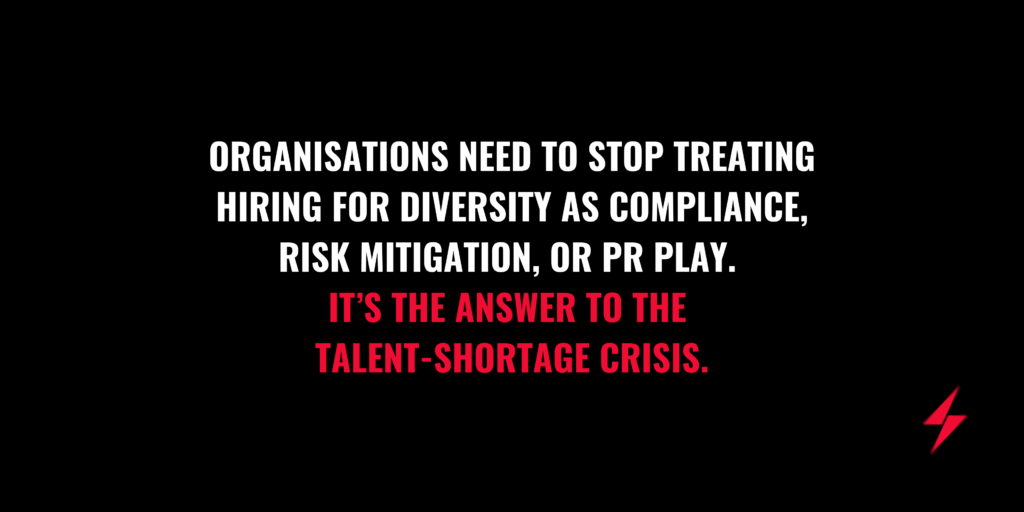These days, my phone number keeps getting passed on to distressed tech leaders who tell me they’ve got open roles in data science and AI that they just can’t fill. They’re constantly facing understaffed teams asking about when the new hires will come and ease the pressure.
“There’s not enough talent in Australia,” they explain.
“COVID changed the market,” we hear. “Universities just aren’t putting out the right graduates.”
When they call, I tell them I’ve got good news:
The AI and data science talent shortage is a myth.
While it’s tricky to navigate, the talent is out there. We interview them every day.
While finding these talents definitely requires passion and experience to navigate, I have discovered that there’s an underutilised talent pool of diverse, highly skilled tech people with PhDs in STEM fields.
Leaders just need to look in the right places to find them, and teams and organisations need to understand how to utilise their incredible skillset to make them stay.
At this very moment, I’m representing more than 20 of these people, each of whom is unicorn-like in their array of talents. If you’d like to meet any of them, you can always get in touch.
A CLOSER LOOK AT THE DIVERSITY IN TECH

Australia is a wonderfully diverse country. But if we zoom in on the tech space, even with our collective good intentions and efforts, there’s still a lot of work to be done to truly utilise this untapped talent and embrace diversity.
In my work at ThunderLabs, many of the people I spoke to for key roles are women and internationals — all with PhDs and striking qualifications — who want to move from academia to industry to tackle complex real-world problems in the commercial world.
Sadly, they’re also less likely to respond to a job ad.
Prior to engaging with me and the team at ThunderLabs, some of them told me that many of the job opportunities they found don’t pay well and were underutilising or overlooking their capabilities.
What I’ve understood is that these jobs only let them work on surface-level, basic data science projects — projects that didn’t challenge them nor enable them to apply their PhD knowledge, write complex algorithms, perform advanced problem-solving, and ultimately demonstrate their full capability.
These extremely capable individuals are looking for more.
WHAT BECOMES POSSIBLE FOR ORGANISATIONS?

If my candidate interviews are any indication, talent pipeline is not an issue — there’s a latent tech talent pool in Australia consisting of women and internationals with STEM PhDs who are looking to make the move to the commercial world.
And the fact is, only a few high-performing organisations, including our clients at ThunderLabs, are taking advantage of this.
They realise that hiring for diversity is not done as compliance, risk mitigation, or PR play. They understand that having a gender-balanced and racially diverse workforce is just the right thing to do.
And if that’s not enough, studies show that organisations can achieve incredible value from the investments they’ve made in data science and machine learning when they hire for diversity.
I’d like to highlight three:
1. Financial outperformance.
A study by McKinsey shows that companies with culturally and ethnically diverse executive teams were 33% more likely to see better-than-average profits.
2. Better innovation, better products.
Diverse teams make for diverse thinking styles, enabling them to spot bias and look at problems in new ways.
This article from Forbes said it best:
“When at least one team member shares a client’s ethnicity, the team is more than twice as likely to understand that client’s needs than teams where no member shares that trait.”
— Stuart R. Levine, Forbes
Multiple pieces of research from Harvard and Columbia Business School confirm that this breeds better innovation and decision-making.
The result? Better products, projects, and services. It’s difficult to achieve this for homogeneous teams.
3. A future-proofed organisation.
Tomorrow’s tech workers will seek to work for companies that, among others, advocate for diversity and encourage them to bring their best selves to their jobs.
And not only that, tomorrow’s community and customers are will look for brands that represent them.
After all, good people go where good people are.


